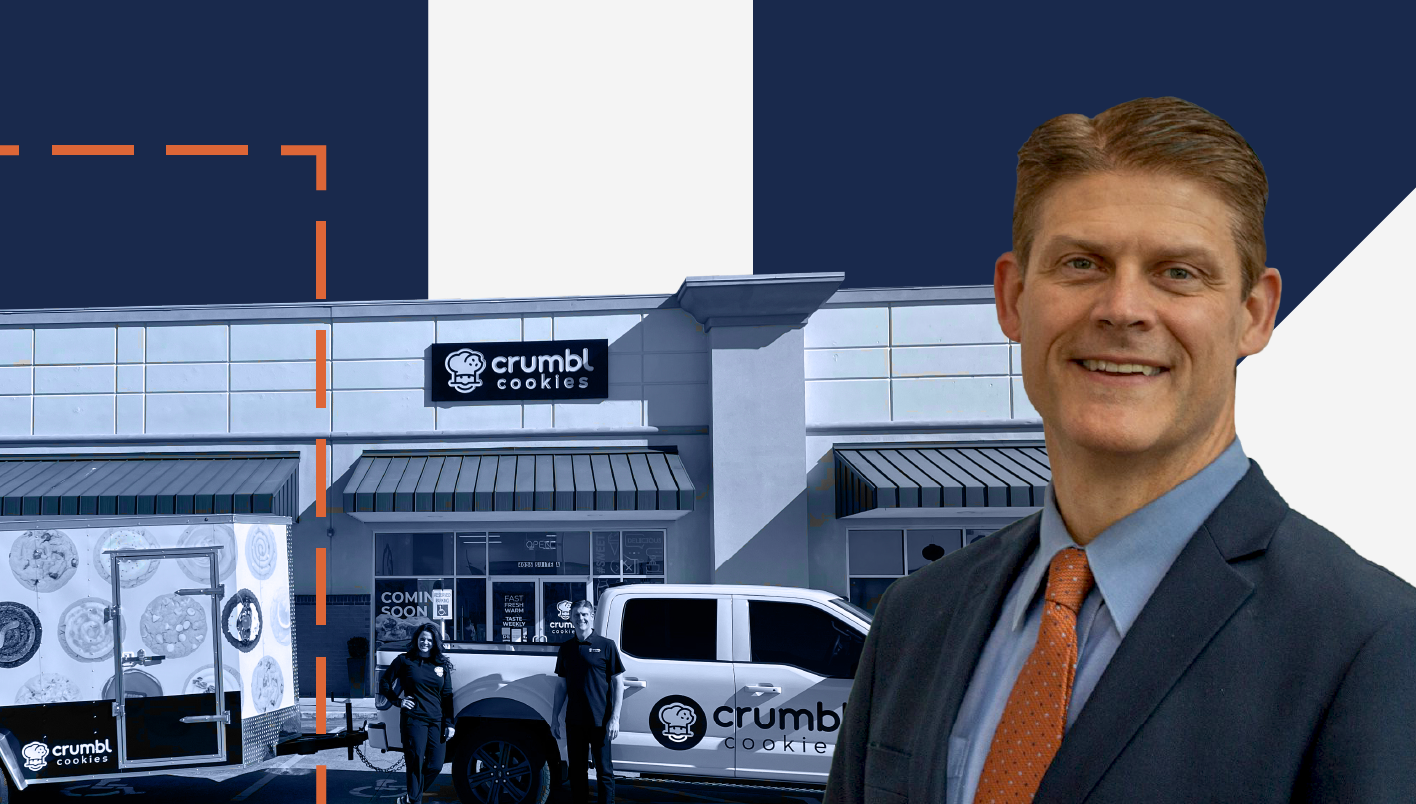Starting a business is the dream of many Americans, which sometimes makes it possible for the business owner to achieve financial freedom. However, the promise of financial freedom also comes with the many financial responsibilities of a business owner. Without the benefits and savings plans that large corporations offer employees, the responsibility for planning and saving for retirement rests squarely on your shoulders. Fortunately, as a small business owner, you have several ways to save for retirement.
Estimate Your Projected Retirement Income Needs
First, you’ll estimate the amount of income you will need in retirement. The amount of income you’ll need in retirement depends on several things: your retirement age, how long you anticipate living, and how much income you expect to receive from Social Security, investments, or other financial resources. The difference between your retirement spending and your projected income will help you estimate how much you may need to save in order to bridge that gap.
Three important considerations are how much you’re going to withdraw, for how long, and the predicted earnings or losses on your savings. Also, keep in mind when making retirement calculations that an annual inflation rate of about 4% will erode the value of your investments over the years. There are many resources available to help you calculate how much money you need. There is no “one size fits all” approach. The amount of income needed could range from several hundred thousand dollars to a few million dollars, depending on your unique situation.
Most Common Retirement Plans for Small Business Owners
The most common retirement plans for the self-employed are IRA, SIMPLE IRA, SEP IRA, individual 401(k), and defined-benefit plans. These small business retirement plans permit contributions ranging from $6,000 to nearly $300,000, per year. If you are married and your spouse also works in your business, the numbers can easily be doubled.
Many small business owners find IRAs to be the easiest way to start saving for retirement. There are no special filing requirements, and you can use it whether or not you have employees. Learn about the differences between traditional and Roth IRAs before determining which type of IRA is best for you. The tax treatment of a Roth IRA might be ideal if your business is young and you’re not yet making much money. In that case, your tax rate will likely be higher in retirement, when you’ll be able to pull the money from your IRA, tax free.
Things to consider:
- Roth IRAs have income limits for eligibility.
- If you leave a full-time job to start your business, you can roll your old 401(k) into an IRA.
- The contribution limit in 2021 is $7,000 if you are 50 or older. Learn more about IRAs.
A solo 401(k) retirement plan may be best if you are a business owner or self-employed person with no employees, with the exception of a spouse. The IRS calls this plan a “one-participant 401(k),” and it works well if you can and want to save a large sum of money for retirement or if you want to save a large sum in years when your business is flush and less in lean years. This plan works just like a standard, employer-offered 401(k): you make contributions pre-tax, and after age 59-1/2, distributions are taxed.
Things to consider:
- You can’t contribute to a solo 401(k) if you have employees. However, if your spouse is also an employee of your business, he or she can also contribute to the plan.
- You can also choose a solo Roth 401(k), which closely resembles the tax treatment of a Roth IRA. Like the solo 401(k), this option is attractive if your income and tax rate are lower now than you anticipate they will be in retirement.
Simplified Employee Pension (SEP) plans allow you to contribute to retirement accounts for you and your employees. SEPs are attractive because they do not have the start-up and operating costs of more conventional retirement plans, and they allow for a contribution of up to 25 percent of each employee's salary. Since this type of plan has flexible annual contribution amounts, it works well for businesses that cannot always predict their cash flow.
Things to consider:
- You must offer the SEP IRA to all eligible employees, and you must contribute an equal amount to all eligible employees.
- While you do not have to contribute every year, when you do, you are required to contribute to the SEP-IRAs of all participating employees who actually performed personal services during that year. That includes employees who die or terminate their employment before the contributions are made. Learn more about SEP IRAs.
SIMPLE IRA plan (Savings Incentive Match Plan for Employees) allows you and your employees to contribute to traditional IRAs. It is ideally suited as a start-up retirement savings plan for small businesses that do not currently sponsor another retirement plan. The money in your Simple IRA accounts will grow tax-deferred until it’s withdrawn at retirement. You and your employees will not have to pay taxes on your investment growth, but you will have to pay income taxes when you withdraw money.
Things to consider:
- As an employer, you are required to match employee contributions, which is up to 3% of your employee’s compensation and at least 1% for no more than two out of five years.
- You can’t withdraw money from SEP IRA accounts until you reach age 59½. Withdrawals prior to that age come with a 10% penalty and income taxes on your withdrawal. Learn more about SIMPLE IRAs.
Defined benefit plans provide a fixed, pre-established cash benefit for employees at retirement. On the employer side, your business can contribute and deduct more each year than in other contribution plans. However, defined benefit plans are often more complex and are more costly to set-up and maintain than other types of plans. Although employees highly value the fixed benefit this plan provides, there are fewer U.S. companies that offer defined-benefit pensions. This is not only due to its complexity and cost. All defined pension funds must gain in value to ensure there are enough funds to meet all obligations.
Things to consider:
- The burden of where to invest and the associated risk falls on you, as the employer. How do you choose good investments, and how can you determine your risk tolerance?
- A defined benefit plan provides substantial tax savings to a business owner, more so than many other forms of employer-sponsored retirement plans because they typically have higher contribution limits than other types of qualified plans. Learn more about Defined Benefit Plans.
Many small business owners put off planning for retirement, and between covering personal expenses and the day-to-day expenses of running a business, retirement savings are relegated to "whatever is left." Choosing a retirement plan can seem overwhelming, but don’t put it off. If you find yourself working until age 80, it should be because you love the business you created, not because you neglected to plan for retirement.
Maximize your retirement opportunities and plan ahead by visiting the Stellar Bank financial education center. Learn more about planning for your future retirement here.




